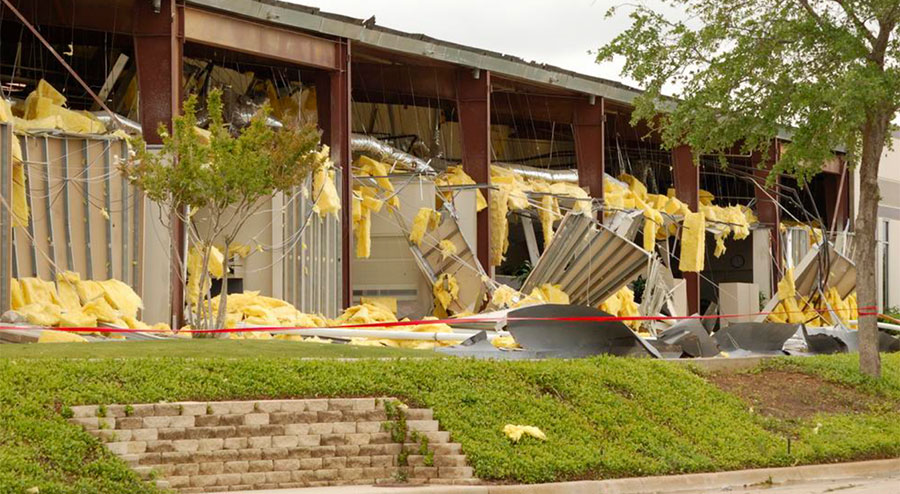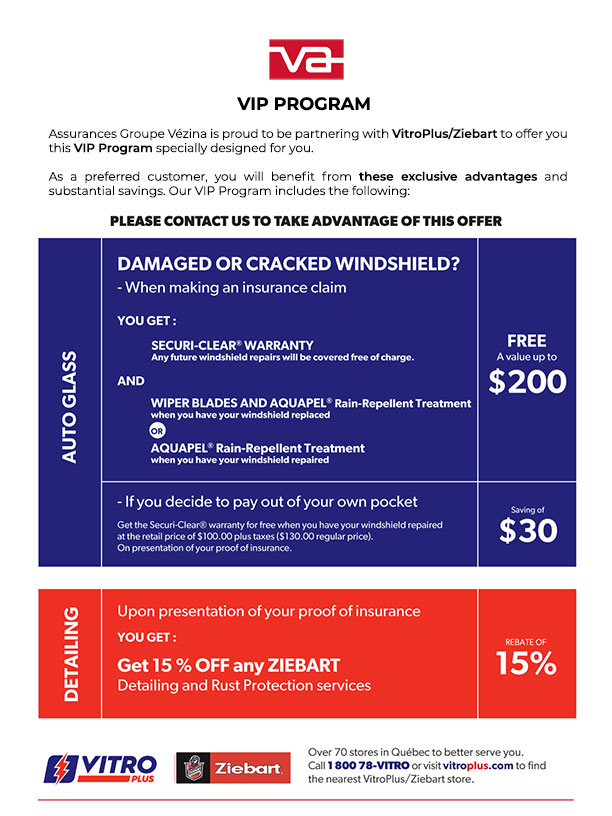Your business is flooded. A fire has ravaged your premises. If your premises are damaged after a disaster, what should you do? Have you lost everything? Not necessarily, if you have taken out business interruption insurance.
Description of business interruption insurance
Many business owners are unaware of the real costs and impact that a disaster can have on their business if they do not have adequate coverage. The US federal agency known as the Federal Emergency Management Agency (FEMA) has published a guide to help business owners understand the risks and costs associated with disasters.
Many entrepreneurs are unaware of the real costs and impact that a disaster can have on their business if they do not have adequate coverage. The US federal agency known as FEMA reports that nearly half of businesses do not reopen after a disaster, and 25% of them go bankrupt within 12 months. Many businesses do not survive because they do not have business interruption insurance or because they have inadequate limits.
This can mean the difference between continuing operations and closing permanently.
What does business interruption insurance cover?
Also known as loss of income insurance, business interruption insurance covers the loss of income a business suffers after a disaster. For example:
- It covers you if you have to leave your premises due to damage caused by a risk covered* under your business insurance policy, such as a fire.
- It covers the income you would have earned, based on your financial statements, i.e., the net income (net profit or net loss before income taxes) you would have earned or incurred if the disaster had not occurred.
- It covers operating expenses such as electricity bills and salaries that continue even if business operations are temporarily interrupted.
* The cause of the loss, also known as the insured risk, must be covered by your insurance policy. If you do not have coverage for a type of risk, such as flooding, business interruption insurance will not cover you.
When does coverage take effect?
Business interruption insurance is not sold separately; it is added to a business insurance policy. There is usually a 48-hour waiting period before coverage takes effect.
For the coverage to take effect, your business must suffer an actual loss of operating income due to the suspension of its activities during the restoration work. However, if activities cannot continue at the damaged premises and the premises cannot be repaired or replaced, there is no restoration work and therefore no coverage for loss of operating income.
After a major disaster, it may take longer than expected to get your business back up and running. Your policy limits should be sufficient to cover your business for several days or weeks. You may want to consider more extensive coverage to cover your lost income once the work is completed but before your income returns to its pre-disaster level.
One final option to consider is supplier or customer failure insurance. This endorsement is typically added to your business interruption insurance. This coverage can help if you lose significant income and are unable to continue operations after a supplier, business partner, or key customer goes out of business. It provides compensation to help cover salaries, rent, and other expenses necessary to keep your business running.
What to do after a disaster?
If a natural disaster affects your business, your priority after ensuring everyone’s safety should be to file a claim with your insurance company. If possible, take photos to document the damage.
Next, reach out to everyone closely involved with your business, including your employees, suppliers, and customers. Let them know what happened, explain the steps you are taking to resolve the situation, and tell them when you plan to reopen. Finally, consider moving to new premises.
By filing a claim as quickly as possible and staying in constant communication with everyone affected by the closure of your business, you can minimize the financial damage to your business. If you are unsure about the amount of coverage and types of endorsements you need, contact your insurance broker, who can recommend appropriate and adequate coverage to ensure the continuity of your business.
This content is provided for informational purposes only and is not intended to provide legal, financial, or medical advice. Consult your attorney, physician, broker, or advisor for guidance on any specific questions or issues.
Source: Applied Systems Inc.



